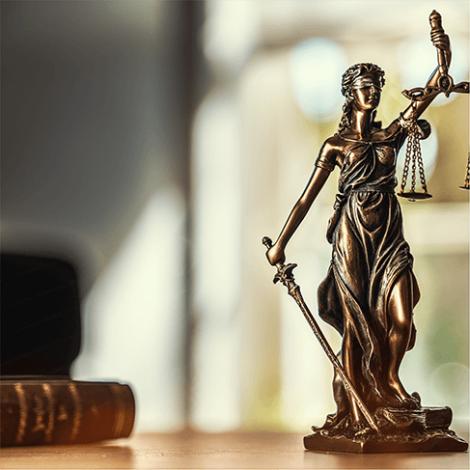Casual Legal: Public Hearings – Procedure Matters
By Kelsey Becker Brookes
Reynolds Mirth Richards Farmer LLP
Alberta Municipalities Casual Legal Service Provider
Section 692 of the Municipal Government Act requires a Council to hold a public hearing before giving second reading to a proposed bylaw to adopt or amend a statutory plan (Intermunicipal Development Plan, Municipal Development Plan, Area Structure Plan or Area Redevelopment Plan) or a bylaw to adopt or amend a Land Use Bylaw.
A land use re-designation is a good example of one situation where the Land Use Bylaw may need to be amended to re-designate or rezone the lands, which may also require “waterfall” amendments to the applicable statutory plans to ensure consistency between planning documents. Public hearings must be advertised in accordance with Section 606, but there are also circumstances where the common law imposes an obligation to provide notice directly to affected parties.
While it is most common to hold a public hearing after first reading, there are circumstances where a Council may decide to hold the public hearing prior to first reading. A public hearing must be held during a regular or special Council meeting and one public hearing can addresses amendments to both the Land Use Bylaw and a statutory plan. The public may participate through written submission or oral submissions, or both.
It is important to remember that the purpose of a public hearing is to permit members of the public to communicate concerns or express support about the proposed bylaw. Council’s role is to listen and ask the questions needed to inform their decision-making. During a public hearing, debate with the public is to be avoided.
Public hearings must comply with the rules of procedural fairness applicable to administrative proceedings, which includes the right of the public to be heard by an independent and impartial decision-maker and the right to know the case to be met and be given the opportunity to respond. This means participants must have access to not only the proposed bylaw, but also any information or reports which will be placed before Council in reaching its decision. Failure to adhere to the rules of procedural fairness can result in a challenge to the bylaw by way of judicial review. While procedural errors generally can be remedied, the time and expense associated with judicial review proceedings and the need to repeat the public hearing process are good reasons to follow a fair process the first time.
To access Alberta Municipalities Casual Legal Helpline, Alberta Municipalities members can call toll-free to 1-800-661-7673 or send an casuallegal [at] abmunis.ca (email) to reach the municipal legal experts at Reynolds Mirth Richards and Farmer LLP. For more information on the Casual Legal Service, please call 310-MUNI (6864) or send an riskcontrol [at] abmunis.ca (email )to Alberta Municipalities Risk Management staff. Any Regular or Associate member of Alberta Municipalities can access the Casual Legal Service.
DISCLAIMER: This article is meant to provide information only and is not intended to provide legal advice. You should seek the advice of legal counsel to address your specific set of circumstances. Although every effort has been made to provide current and accurate information, changes to the law may cause the information in this article to be outdated.


